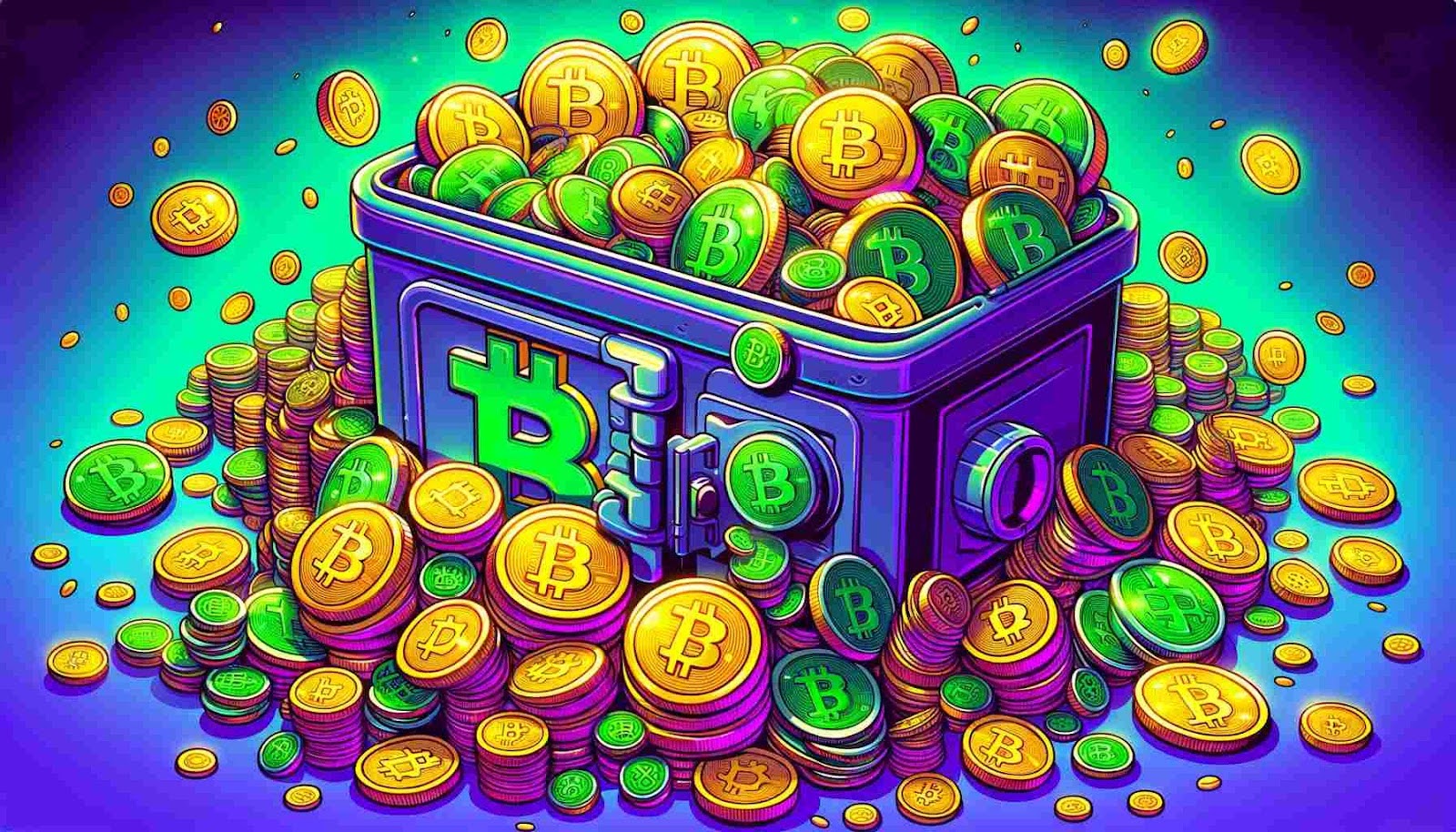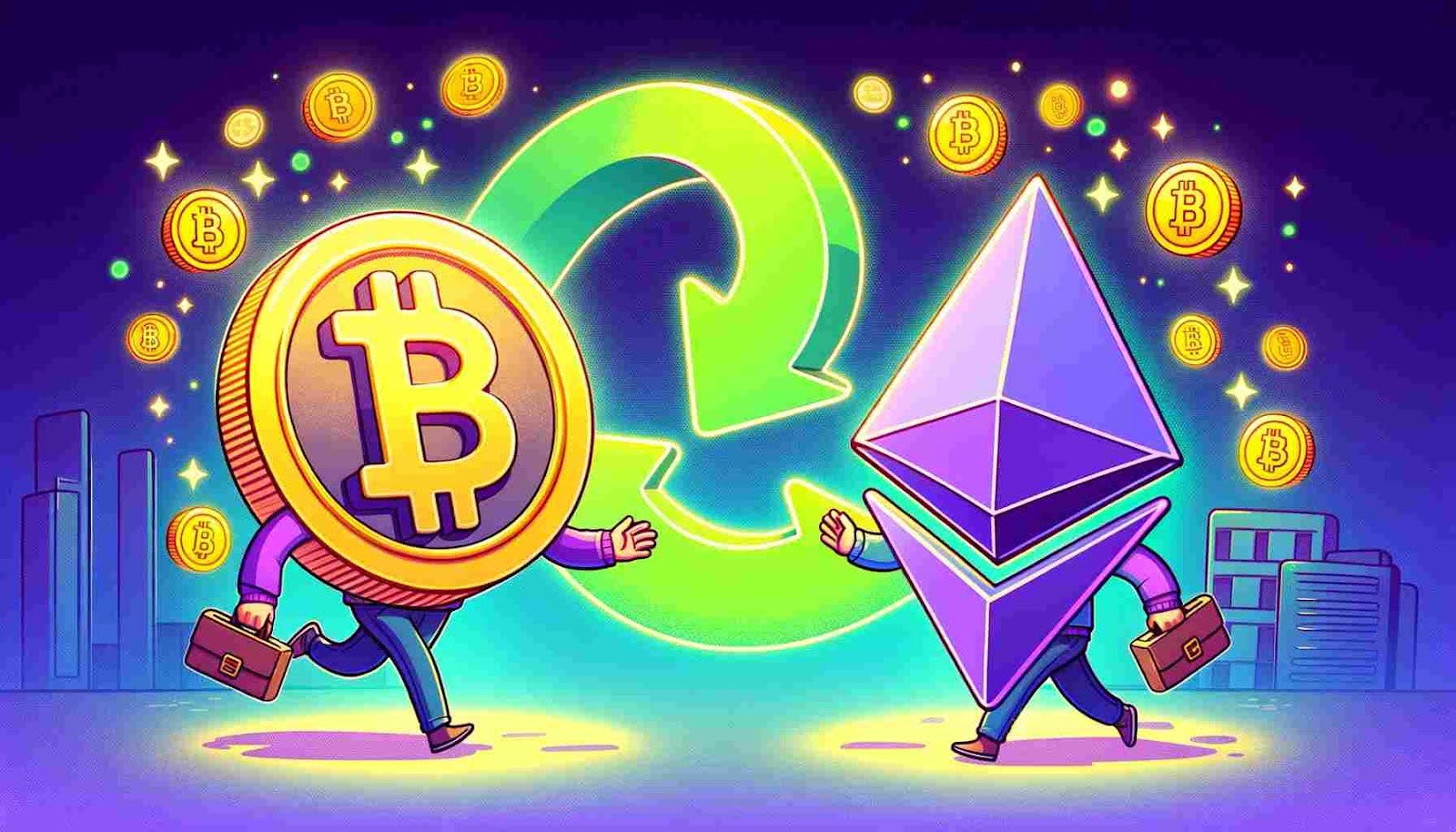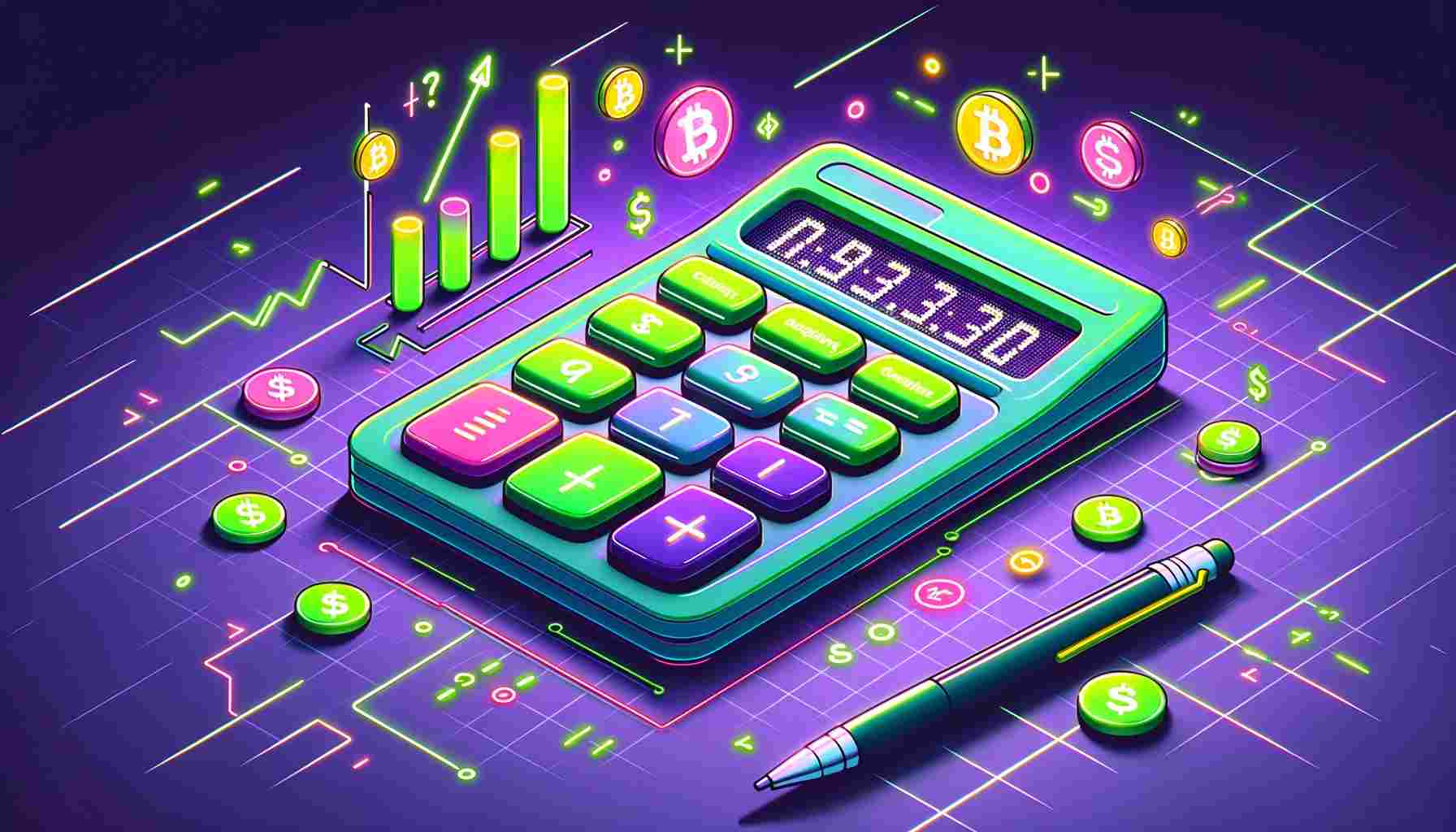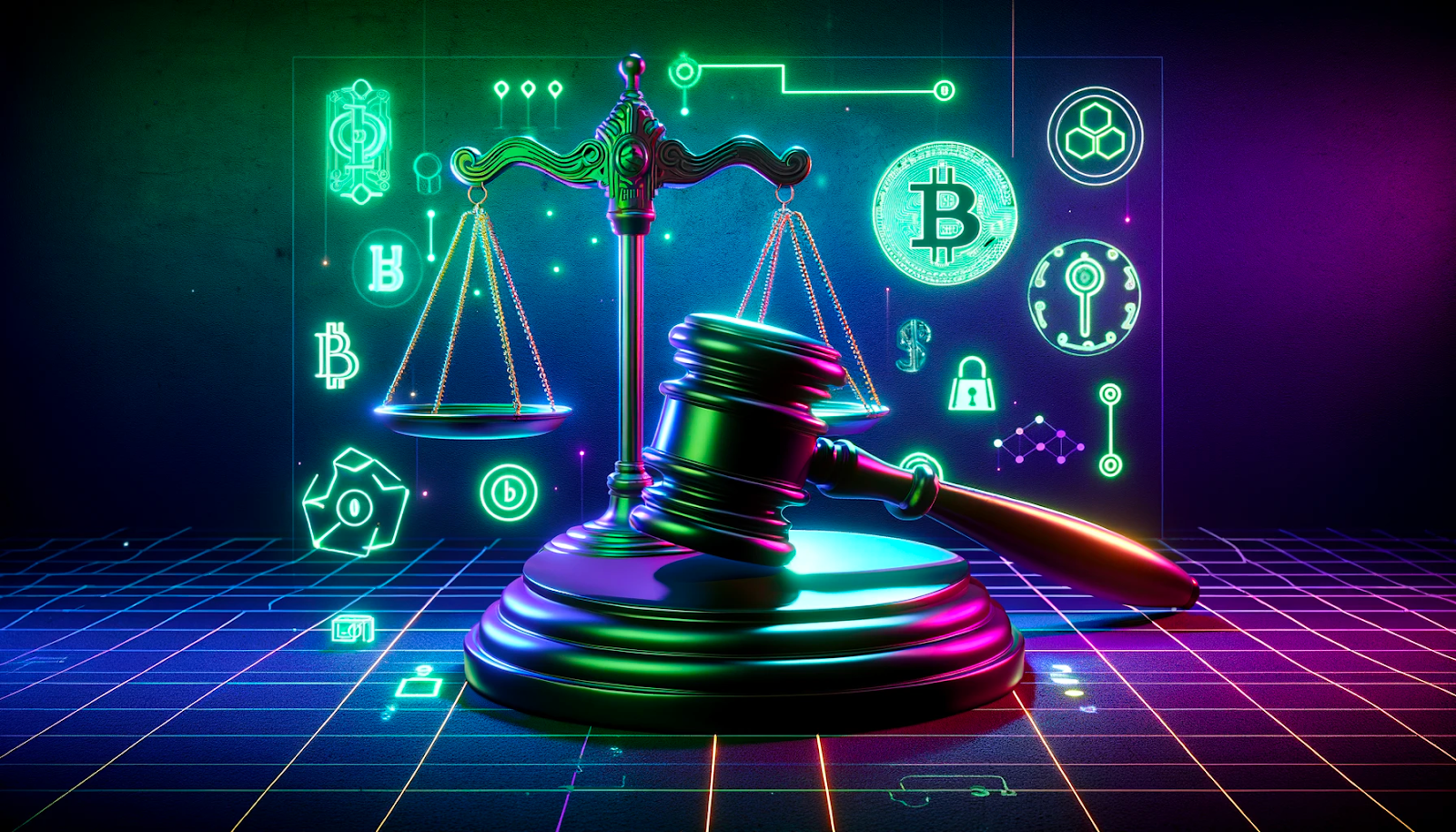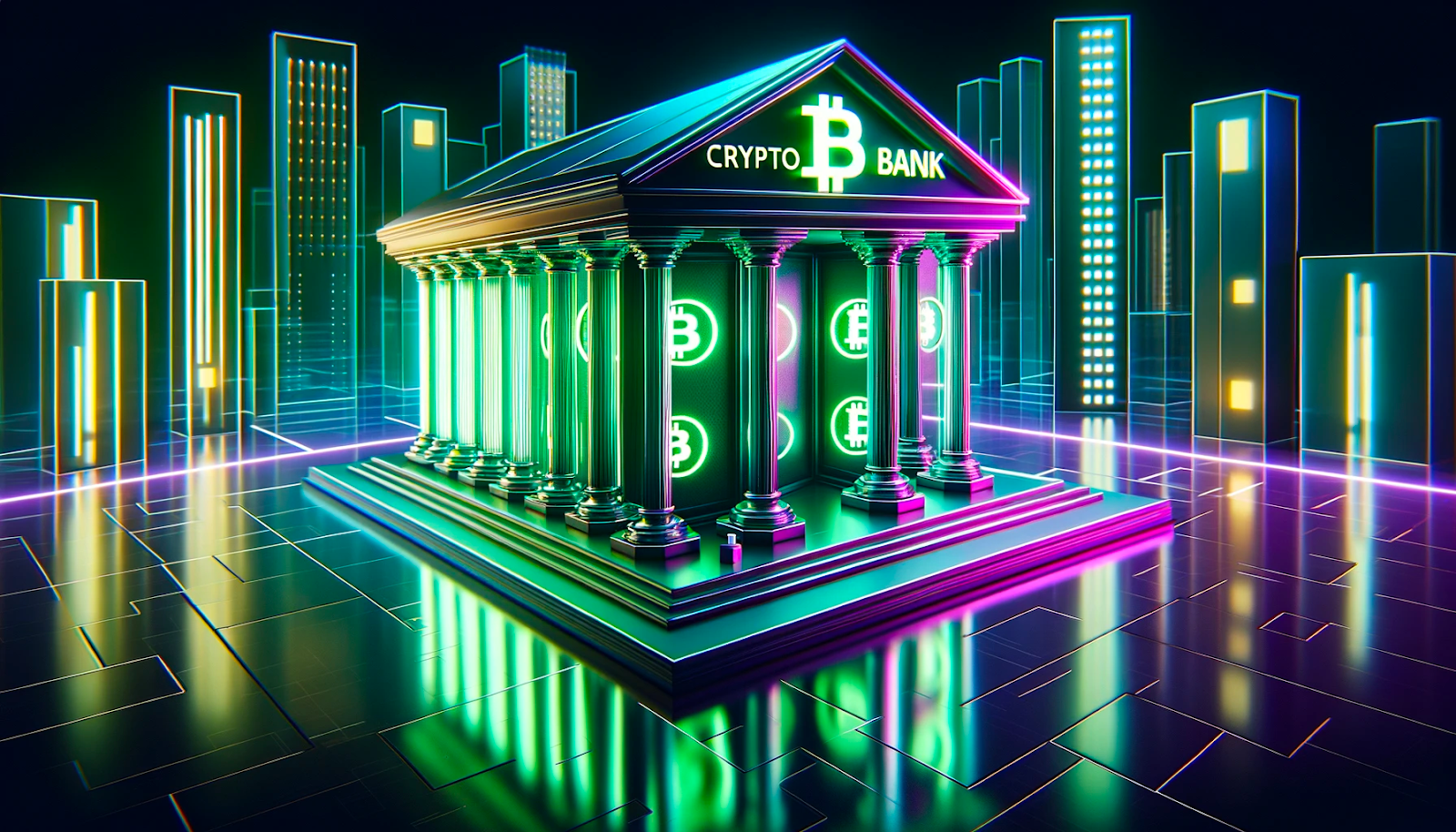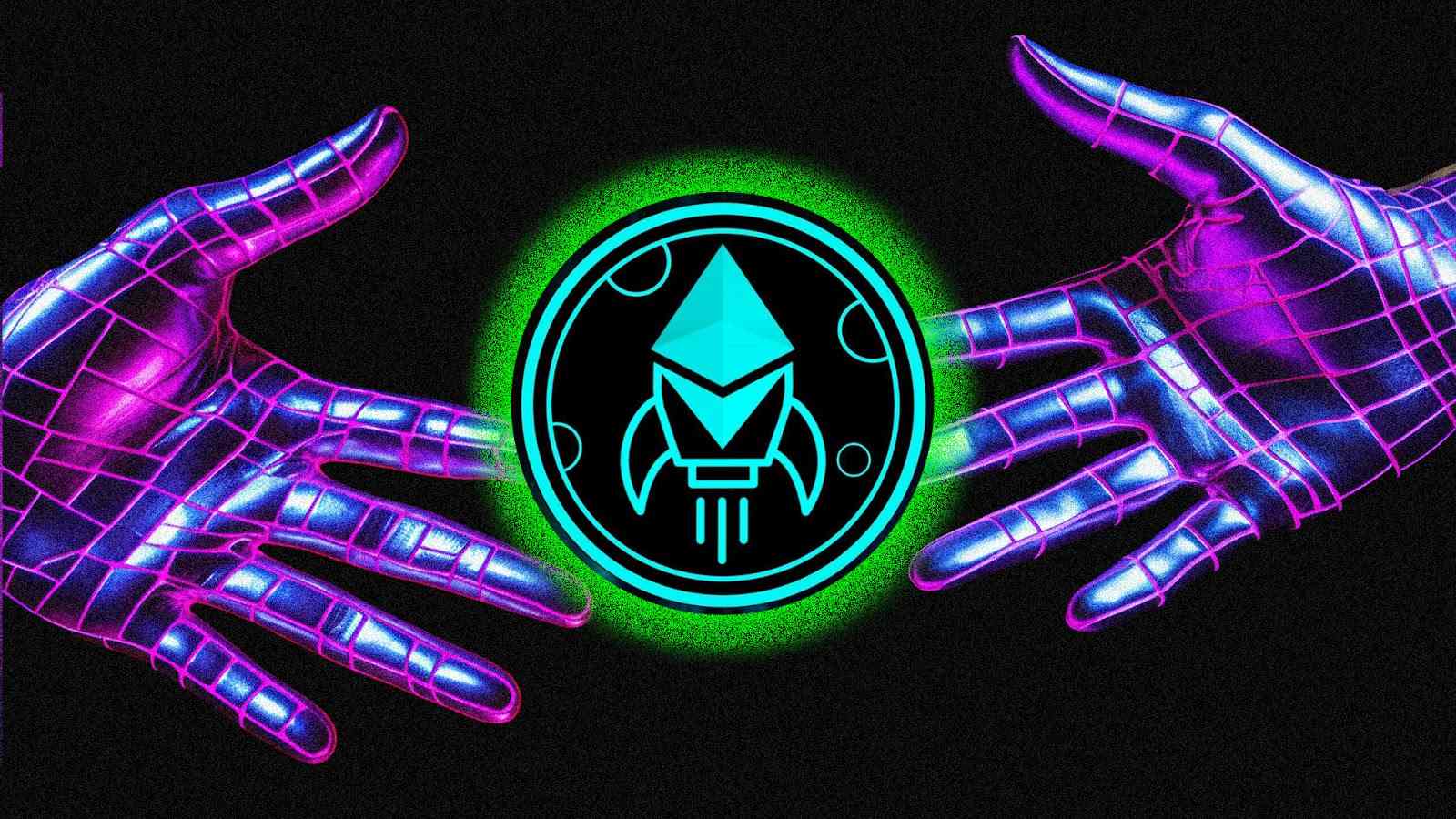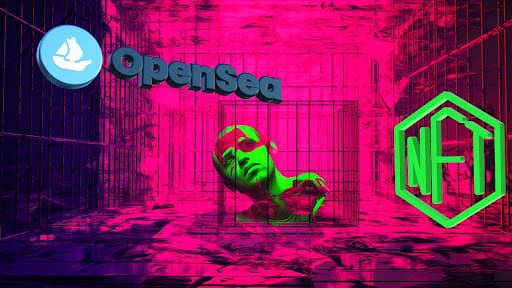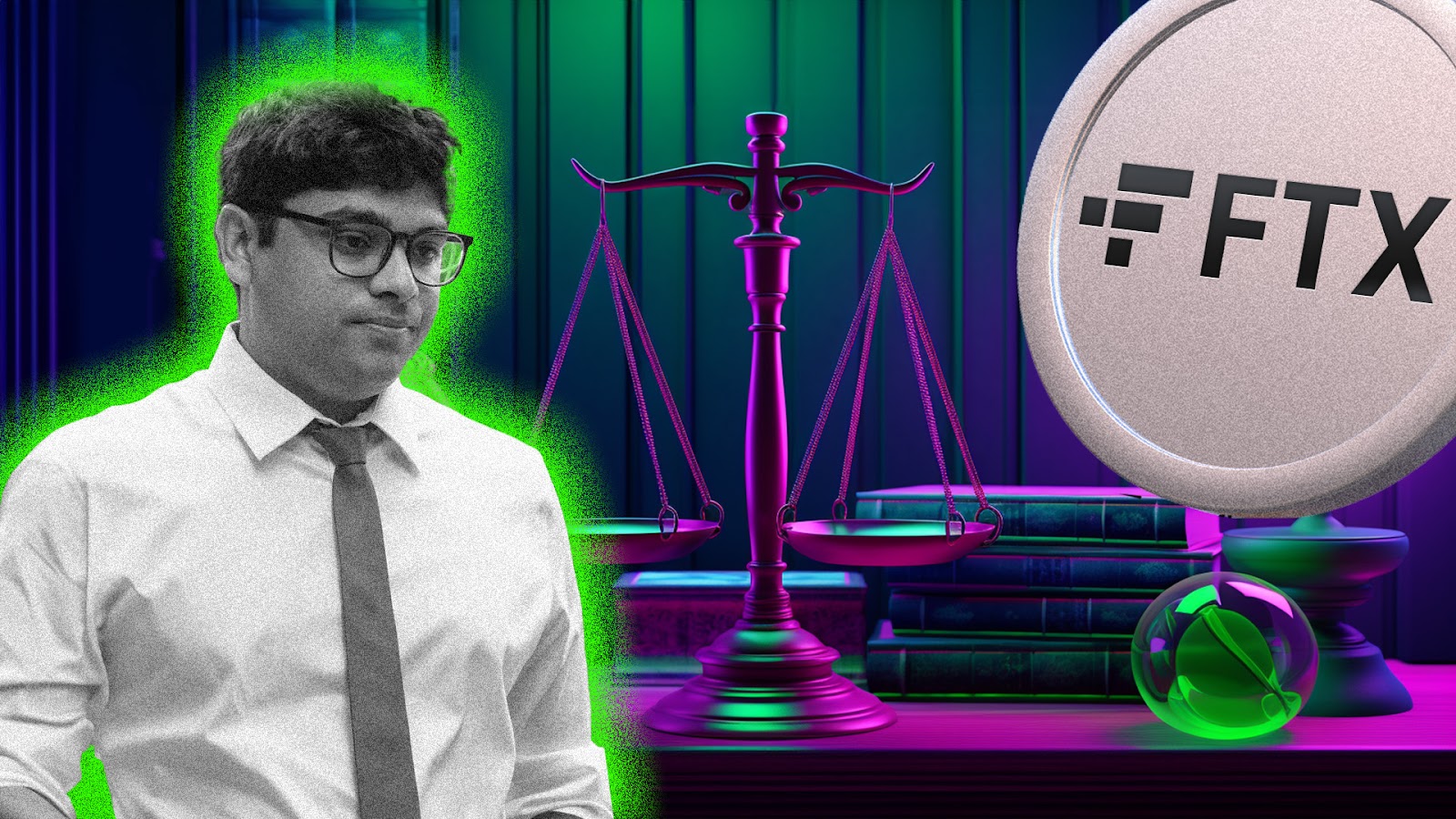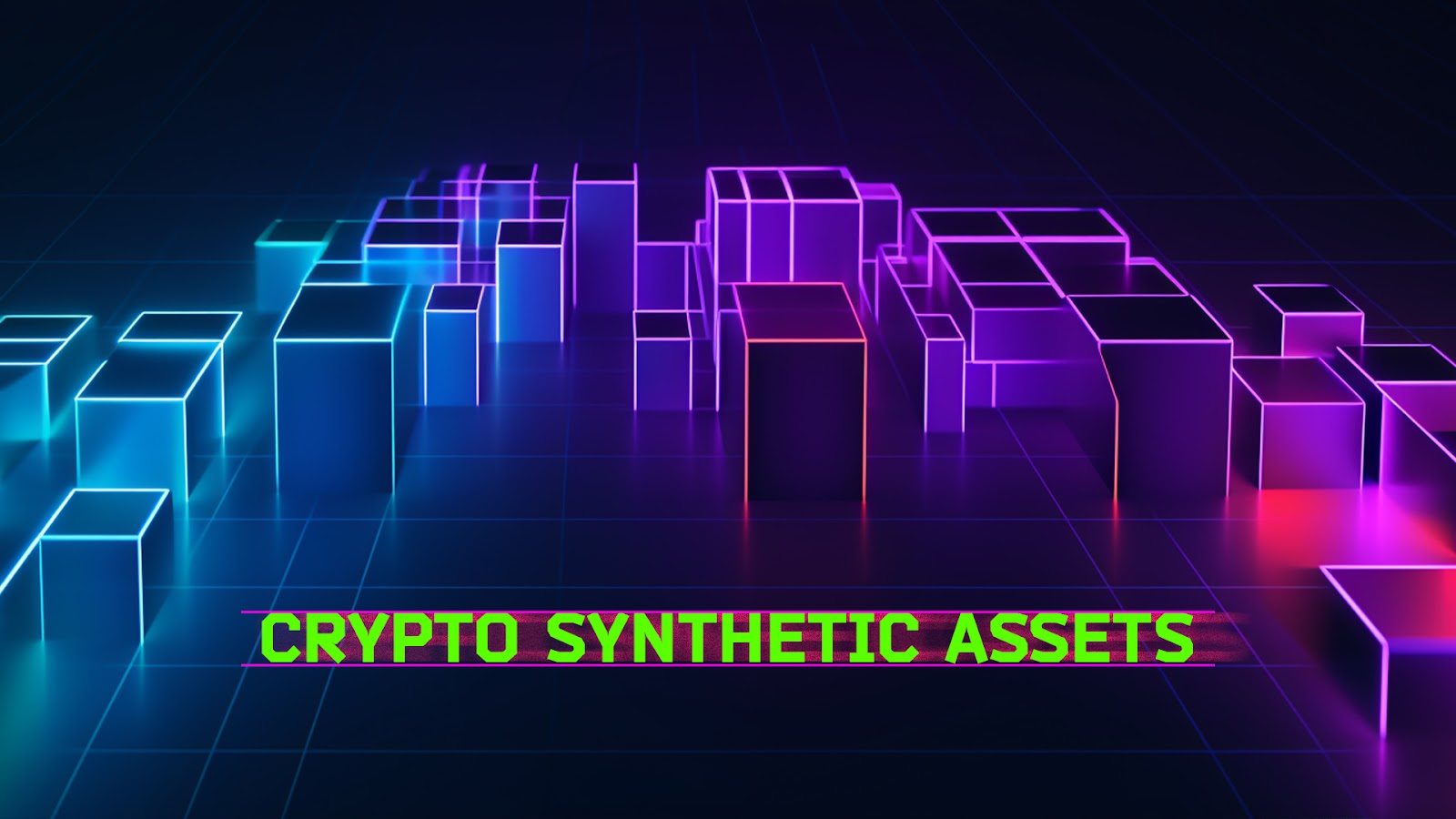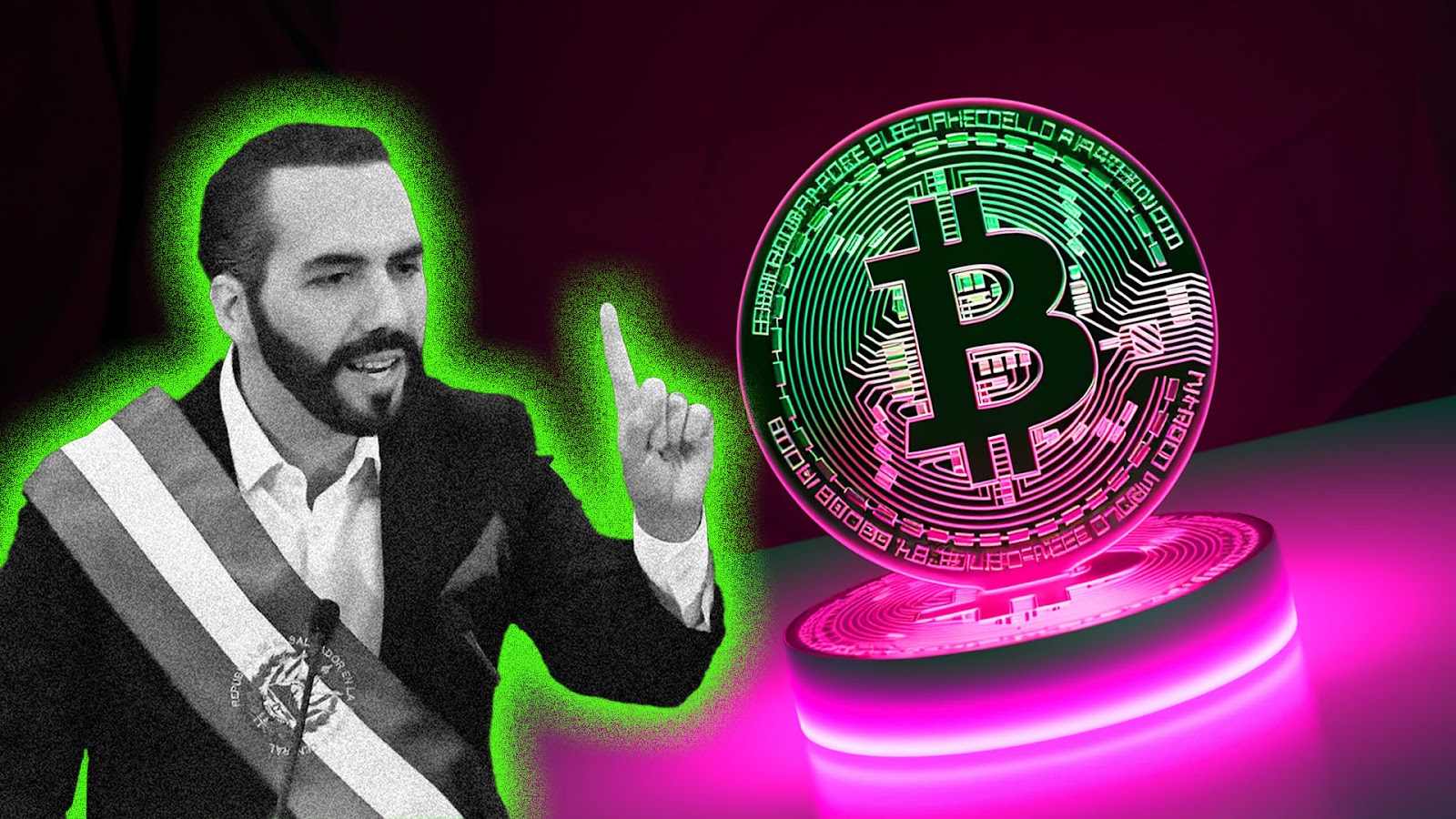
As many crypto enthusiasts with global-adoption ambitions will already know, El Salvador’s Bitcoin movement is perhaps the most interesting macroeconomic DeFi case to date.
The country and its President Nayib Bukele introduced Bitcoin as legal tender on September 7th 2021, making it the first country to ever do so. With the complete demise of the Salvadoran colón in 2001, it now sits alongside the US dollar as the country’s two official legal currencies.
Amidst its introduction, the country’s GDP rose 11.28% in 2021… which we could largely attribute to the 2021 bull run. However with the crypto winter setting-in come Spring 2022, its GDP only rose another 2.6% in 2022 (per Macrotrends).
Per El Salvador’s Ambassador to the USA Milena Mayorga, Bitcoin adoption has been unequivocally beneficial for the economic and investment opportunities in the country. Further, these have reportedly encouraged nationals to stay and build businesses in their native home, as opposed to leaving for places such as the US.
“El Salvador is becoming a very interesting country to visit and to invest in. For me it’s been so special because people are calling me because they want citizenship…they want to come here, they want to invest in El Salvador… they want to be part of this huge project”- Milena Mayorga, US Ambassador of El Salvador.
Despite these seemingly positive externalities, discourse surrounding El Salvador’s Bitcoin adoption still remains mixed. As intuition suggests, its criticisms mainly arise through the volatile nature of cryptocurrencies, and how the nation’s Bitcoin holdings - something that it somewhat largely depends on - have reportedly shrunk 50%.
Additionally, media outlets have been quick to call Bitcoin a ‘forced’ currency, whilst also derogatory-dubbing President Nayib Bukele as an ‘Elon Musk disciple’ and a kiss-up to US crypto companies. This comes through the politician being notorious for engaging in online memes, which understandably, hasn’t fared-well with those of the traditional accord.
https://t.co/s1F5kwOBEn pic.twitter.com/LD0I2dBHha
— Nayib Bukele (@nayibbukele) January 26, 2022
Ironically, there’s also been claims that the country is now an ‘authoritarian state in a tech disguise’ since its Bitcoin adoption.
On the flip side however, tourism in the country is said to have increased 30% since the beginning of its Bitcoin adoption, with such economic stimulus coming with a plethora of other bullish ripple effects to the El Salvadoran economy.
Quite pivotally, many El Salvadorans are reported to hold more confidence in Bitcoin compared to the country’s traditional financial systems (despite its innate price volatility that is).
Bitcoin Education Infrastructures in El Salvador
With the cryptocurrency now fully embraced by authorities, Bitcoiners have begun hosting initiatives aimed at increasing trust and education across the El Salvadoran populace.
An example is Mi Primer Bitcoin (which translates to ‘My First Bitcoin’) - an education outfit focused on offering ‘first exposure’ to the network.
Founded by an American named John Dennehy in the immediate lead-up to Bitcoin becoming legal tender, the company began its mission whilst adoption was at near-zero.
With Dennehy witnessing many El Salvadorans spending their entire pay cheques at a single night at the bar, a fundamental philosophy of his business is to enlighten people of the saving and planning prospects that comes with self-custody ownership over an asset that’s programmed to be deflationary (i.e. Bitcoin).
To generate exposure, Mi Primer Bitcoin holds monthly events at establishments around the country’s San Salvador capital, wherein collaborators are offered free satoshis in a ploy to encourage Bitcoin transactions.
Mi Primer Bitcoin also offers a more-intensive 10-week course for those wanting to learn more, with finishers awarded a ‘Bitcoin Diploma’. Quite remarkably, the cryptocoin isn’t mentioned in the course until about halfway through, as its early stages are solely focused on financial literacy.
Like anything, mass education (or indoctrination in some cases) is key for mass adoption. Further, it looks like El Salvador is on the right track here, as its educational efforts have led to the Ministry of Education launching a new initiative in partnership with Mi Primer Bitcoin. Here, the company has travelled to the sandy shores of El Zante (which through its Bitcoin bullishness, is now known as ‘Bitcoin Beach’) to help teach core elements of the Bitcoin Diploma across 25 public schools.
With such momentum underway, El Salvador’s ambitions to take the Bitcoin movement nationwide (and even into other countries of Latin America) are penned-in for 2024.
Want More Cutting-Edge Crypto News?
Follow Us: X TikTok Instagram Telegram LinkedIn
Sign up to our newsletter at the bottom of the page
Check Out Our Top 10 Crypto Currencies of 2023
This article is intended for educational purposes and is not financial advice.


